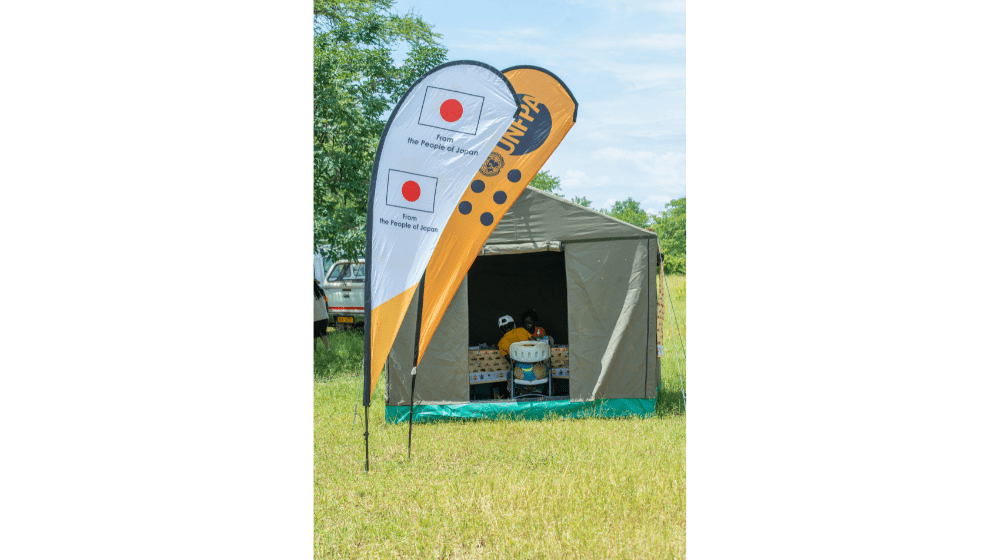Carol Phiri* is a 43-year-old woman who resides in Mbire district. Carol was married to her husband for twelve years. In the last five years of the marriage, her husband became abusive and refused to support Carol and their children in any way. The situation deteriorated to the point where one day, out of nowhere, the husband completely abandoned the family.
“After he left, I tried making ends meet, supporting the children by myself but it was very difficult,” says Carol.
After sometime Carol learnt that her husband was now formally employed. She reached out to him and he ignored her.
“Before he got formally employed I used to believe that he was not supporting us because he did not have the capacity but when I reached out to him after he started working he ignored me. He would not pick up my calls, or even communicate with me. All I wanted was some money to buy soap for the children and myself,” she explains.
Carol also recounts how in spite of refusing to support their family; her husband would force himself on her anytime he would see her at Mushumbe growth point.
“Every time that he would see me at Mushumbe which is our growth point where we frequent, he would make me sleep with him. At one point he even slept with me when I was on my period, while still refusing to help me with the children.”
It was during this time that Carol spoke to someone about her plight. She decided to go to the police where she was referred to the UNFPA supported mobile one stop center in the district. Among many other things Carol was supported to claim maintenance from her husband which was awarded by the court.
“I was supported with bus fares to and from Guruve when I was required to attend court proceedings. They also gave me a kit (dignity kit) * which I was not expecting. Inside the kit there were some personal items, including undergarments which my husband has never bought for me,” says Carol.
Patience also adds how the mobile One Stop Centre is changing the lives of abused women in Mbire and how she has now taken it upon herself to also encourage other women suffering the same plight to visit the mobile OSC for assistance.
“The mobile One Stop Centre is helping women especially those abused by their husbands here in Mbire. I am now in a position to advise other women in abusive relationships to seek assistance because of my own experience. I have actually managed to refer to quite a lot of them. We must not suffer in silence…”
Fiona’s story mirrors a huge problem in Zimbabwe. That of Gender Based Violence (GBV) where at least 1 in 3 women and girls experience one form of abuse or another during their lifetime. But in this darkness many women and girls like Fiona are slowly rebuilding their lives as survivors of GBV thanks to the support being provided by the Government of Japan under the Strengthening Integrated SRH/GBV Risk Mitigation and Response in Multi-hazard Crisis project.
UNFPA together with partners such as Musasa is ensuring survivors of GBV even in the most remote areas of Zimbabwe like Mbire have access to life saving services and information. Under the project the Government of Japan support is helping to strengthen Sexual Reproductive Health (SRH) and Gender-Based Violence (GBV) mitigation and response services for vulnerable women and girls in the districts of Mbire and Shamva in Mashonaland Central Province.
Zimbabwe is currently experiencing a multi-hazard humanitarian crisis where a protracted climate change crisis has been further exacerbated by economic instability and the COVID-19 pandemic, among many other factors. The multi-hazard nature of this crisis poses increased risks of exposure to GBV as well as reduced access to GBV and SRH life-saving essential services.
*Not her real name
By Bertha Shoko with additional reporting from Tigzozo Media



